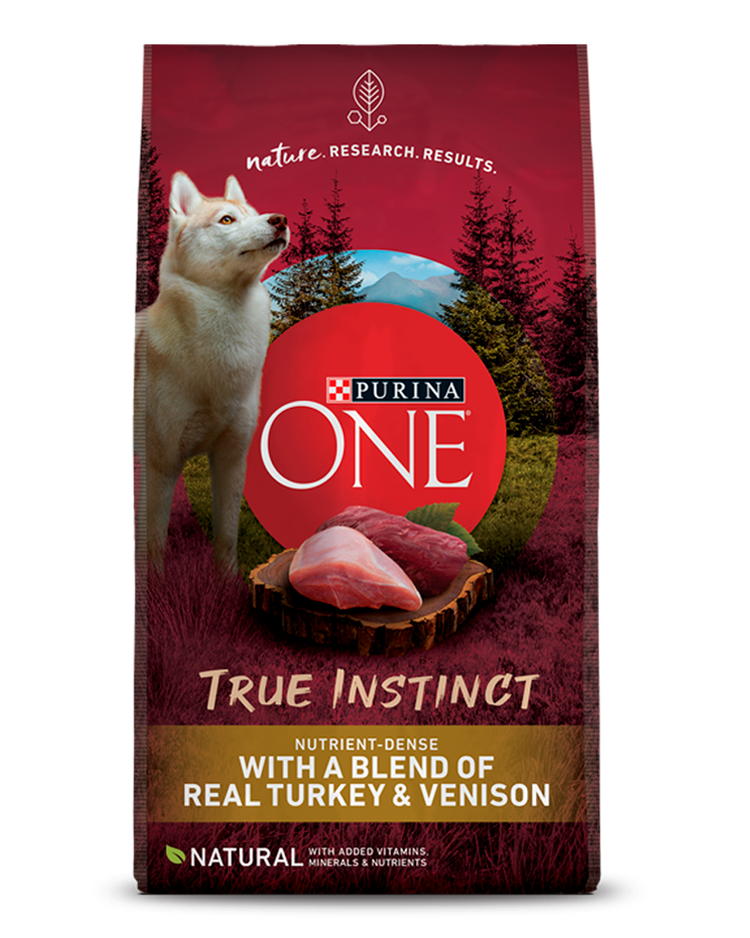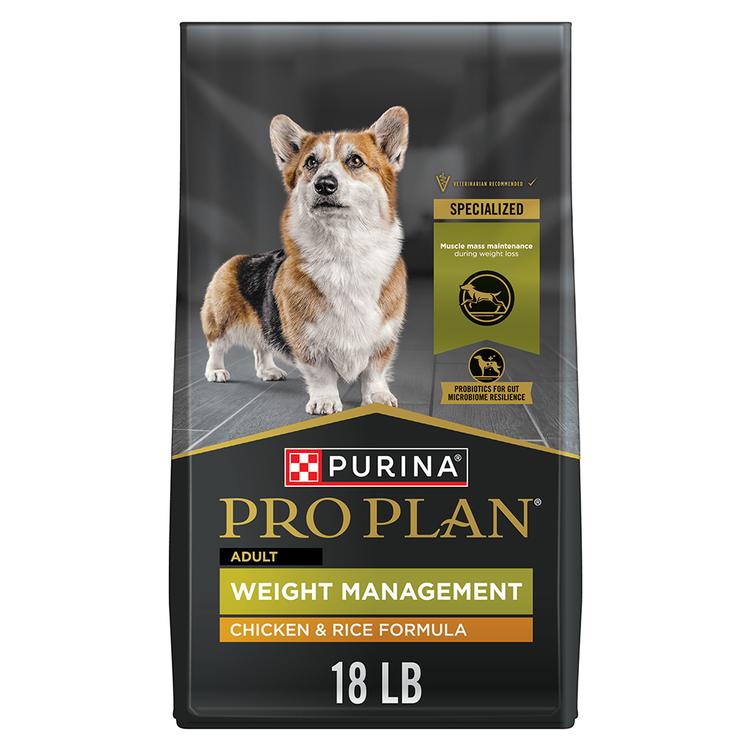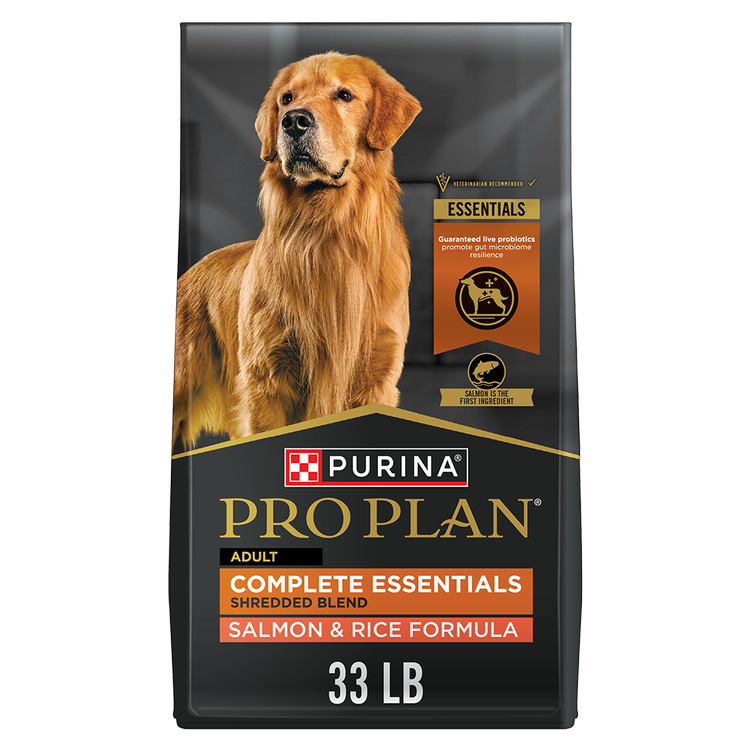Do Dogs Need High-Protein Dog Food?


As one of the most important nutrients in your dog’s diet, protein in dog food helps support your dog’s muscles, skin, immune system, hair, and more.
Many Purina products provide between 25 and 30 percent protein, but exactly how much dietary protein does your dog need? The truth is that different dogs require different amounts of dietary protein based on their age, activity level, and body condition. Not sure whether a high-protein diet is best for your dog? Here are some types of dogs who might benefit from a high-protein dog food:
Dogs Who Need to Manage Their Weight
If your dog is packing a few extra pounds, you may want to consider switching him to a reduced-calorie, high-protein dog food. Based on our research, feeding an overweight dog a diet with higher amounts of protein can help burn fat and calories, helping to facilitate weight loss. You may also notice that, when feeding your dog a reduced-calorie food, feeding one that is high in protein may help your dog feel satisfied longer.
Senior Dogs
As dogs get older, they need more protein in their diet to help them maintain their ideal body condition. That’s why we formulate our senior dog foods with higher levels of protein (as compared to our regular adult dog foods).
Canine Athletes
When your dog exercises, his muscles build and break down muscle protein at a much faster rate. The amino acids in protein promote muscle growth and recovery, which means that some extremely athletic dogs can benefit from a high-protein dog food.
Puppies
Complete and balanced dog foods are formulated to provide adult dogs with adequate dietary protein and amino acids (the building blocks of protein) to support their maintenance needs. Growing puppies, however, require extra dietary protein while they grow and develop. It’s important to select a food that is formulated for puppies (or “All Life Stages”) and meets this demand.
Gestating and Lactating Dogs
A gestating dog’s diet should be high in protein. For lactating dogs, protein is just one factor to consider. A lactating dog needs a high-quality, nutrient-dense diet that is also high in calories. Before deciding on a food, it’s wise to consult your veterinarian to be sure your gestating or lactating dog will be getting adequate protein, fat and calories during this critical time.
Looking for high-protein dog food brands? Use our Pet Food Finder to find the best high protein food for your dog.

Find Your Pet’s Perfect Food
Get your personalized recommendation with our Pet Food Finder tool.






